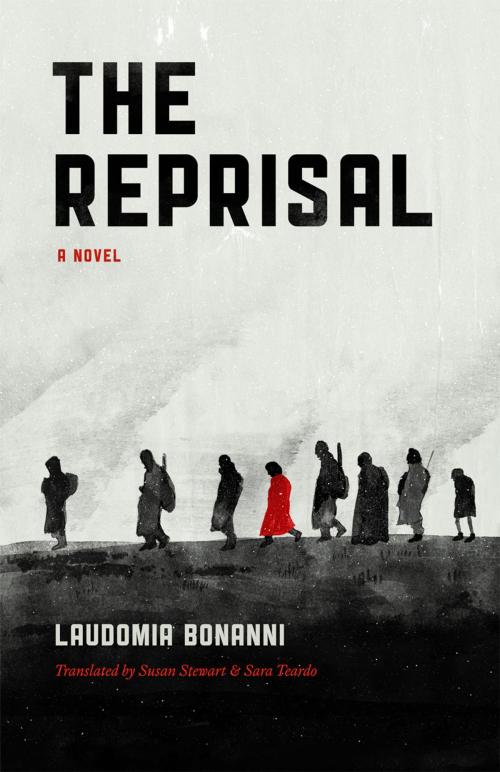| Author: | Laudomia Bonanni | ISBN: | 9780226018300 |
| Publisher: | University of Chicago Press | Publication: | March 29, 2013 |
| Imprint: | University of Chicago Press | Language: | English |
| Author: | Laudomia Bonanni |
| ISBN: | 9780226018300 |
| Publisher: | University of Chicago Press |
| Publication: | March 29, 2013 |
| Imprint: | University of Chicago Press |
| Language: | English |
In the bitterly cold winter of 1943, the Italian countryside is torn apart by violence as partisans wage a guerilla war against the occupying German army and their local fascist allies. In the midst of this conflict, a ragtag group of fascist supporters captures a woman in the late stages of pregnancy. Suspecting her of being in league with the partisans, they hastily put her on “trial” by improvising a war tribunal one night in the choir stalls of the abandoned monastery that serves as their hide-out. This sham court convicts the woman and sentences her to die—but not until her child has been born. When a young seminarian visits the monastery and tries to dissuade the fascist band from executing their sentence, the absurd tragedy of the woman’s fate is cast in stark relief. The child’s birth approaches, an unnerving anticipation unfolds, and tension mounts ominously among the characters and within their individual psyches.
Based on a number of incidents that took place in Abruzzo during the war, Laudomia Bonanni’s compact and tragic novel explores the overwhelming conflicts between ideology and community, justice and vengeance. The story is embedded in the cruel reality of Italian fascism, but its themes of revenge, sacrifice, and violence emerge as universal, delivered in prose that is at once lyrical and brutal.
In her native Italy, Bonanni, a writer of journalism and critical prose as well as fiction, is hailed as one of the strongest proponents of post-war realism, and this is the first of her novels to be made available to Anglophone readers. Translators Susan Stewart and Sara Teardo render Bonanni’s singular style—both sparse and emotive, frank and poetic—into readable, evocative English.
In the bitterly cold winter of 1943, the Italian countryside is torn apart by violence as partisans wage a guerilla war against the occupying German army and their local fascist allies. In the midst of this conflict, a ragtag group of fascist supporters captures a woman in the late stages of pregnancy. Suspecting her of being in league with the partisans, they hastily put her on “trial” by improvising a war tribunal one night in the choir stalls of the abandoned monastery that serves as their hide-out. This sham court convicts the woman and sentences her to die—but not until her child has been born. When a young seminarian visits the monastery and tries to dissuade the fascist band from executing their sentence, the absurd tragedy of the woman’s fate is cast in stark relief. The child’s birth approaches, an unnerving anticipation unfolds, and tension mounts ominously among the characters and within their individual psyches.
Based on a number of incidents that took place in Abruzzo during the war, Laudomia Bonanni’s compact and tragic novel explores the overwhelming conflicts between ideology and community, justice and vengeance. The story is embedded in the cruel reality of Italian fascism, but its themes of revenge, sacrifice, and violence emerge as universal, delivered in prose that is at once lyrical and brutal.
In her native Italy, Bonanni, a writer of journalism and critical prose as well as fiction, is hailed as one of the strongest proponents of post-war realism, and this is the first of her novels to be made available to Anglophone readers. Translators Susan Stewart and Sara Teardo render Bonanni’s singular style—both sparse and emotive, frank and poetic—into readable, evocative English.















